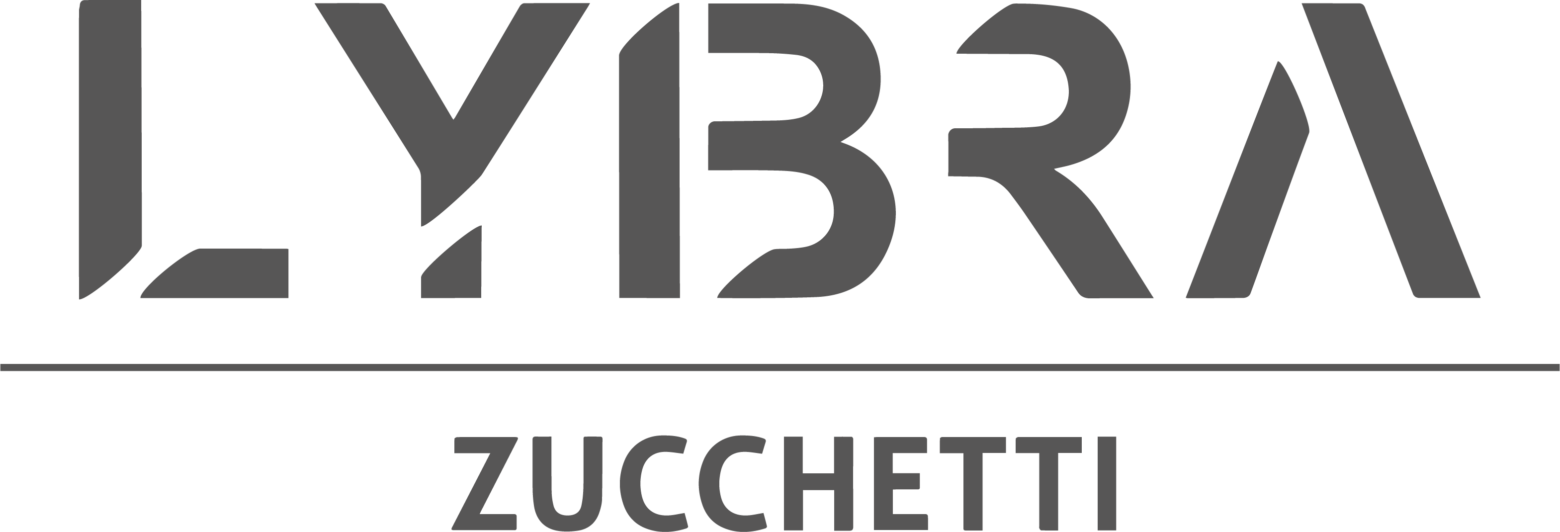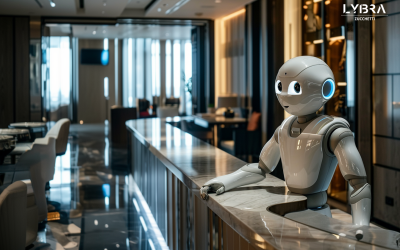Creating a budget for your hotel is a crucial step in managing a successful hospitality business. An accurate and well-planned budget allows hoteliers to monitor revenues and expenses, optimize resources, and ensure hotel profitability. In this article, we will explore the process of creating a budget for your hotel and why it is essential for your business’s success.
Analysis of past revenues and expenses
The first step in creating a budget for your hotel is analyzing the revenues and expenses of past years. This will help you identify trends and areas for improvement. Collect sales data from room sales, extra services, restaurants, and other sources of income and analyze associated costs such as salaries, utilities, maintenance, and advertising. Use this data to estimate future revenues and expenses.
Forecasting revenue
To forecast future revenues, consider the following factors:
Seasonality
Analyze historical data to identify high and low season periods and plan your budget accordingly.
Occupancy rate
Calculate the average occupancy rate and consider any fluctuations throughout the year.
Room prices
Evaluate whether room prices need to be adjusted based on demand, competition, and market needs.
Promotions and special offers
Forecast promotions and special offers that you may offer throughout the year and estimate their impact on revenues.
Estimating expenses
Estimating expenses is a crucial aspect of the hotel budget. Consider the following costs:
Fixed costs
Include salaries, utilities, taxes, insurance, and loan interest payments.
Variable costs
Includes costs associated with room sales, such as maintenance, supplies, and booking commissions.
Marketing and advertising costs
Forecast the budget necessary to promote the hotel and attract new customers.
Investments and improvements
Estimate costs associated with any renovation projects, new equipment purchases, or facility improvements.
Budget creation
Once data is collected and future revenues and expenses are estimated, it’s time to create the budget. The hotel budget should include:
Revenue statement
Includes projected revenues for each category, such as room sales, restaurants, extra services, and other sources of income.
Expense statement
A detailed list of projected expenses for each category, such as fixed costs, variable costs, marketing, and investments.
Cash flow statement
Shows the difference between revenues and expenses and indicates whether the hotel is generating positive or negative cash flow. This will help you identify any liquidity issues and make informed financial decisions.
Projected balance sheet
Provides an overview of the hotel’s financial situation, taking into account revenues, expenses, and investments. This document is essential for evaluating the financial health of the hotel and making strategic decisions.
Monitoring and updating the budget
After creating the budget, it is crucial to regularly monitor progress and update it based on new information. Compare actual revenues and expenses with projections and make necessary changes to ensure that the budget remains realistic and achievable. Also, keep an eye on industry trends and economic conditions to adapt your budget to changing market needs.
Why creating a budget for your hotel is important
Budgeting is crucial for the success of a hotel. It allows hoteliers to monitor revenues and expenses, optimize resources, and ensure profitability. More in detail, budgeting brings the following benefits to hotel businesses:
Financial control
An accurate budget allows you to have control over your hotel’s finances, ensuring that resources are allocated efficiently, and expenses are carefully monitored.
Prevention of financial problems
A well-planned budget helps you identify any financial problems before they become serious, allowing you to make informed decisions and make changes.
Improved operational decisions
Having a clear and realistic budget helps you make more informed operational decisions, such as hiring new staff, expanding facilities, or investing in new equipment.
Long-term planning
A budget allows you to plan for the long-term, setting financial and strategic goals for the future. This is essential for ensuring the long-term growth and success of your hotel.
Transparency and accountability
A well-structured budget promotes transparency and accountability within your organization, ensuring that all team members understand financial goals and work together to achieve them.
Why revenue management systems are very important tools for hotel budgeting
A revenue management system for hotels is a valuable tool in creating an accurate and realistic budget. By analyzing past data, identifying trends, and forecasting future demand, a revenue management system can help hotel operators optimize resources, set room rates, and allocate budgets to specific areas. With this information, hotels can create a more precise budget that takes into account seasonal fluctuations, market demand, and other factors that impact their business. This can ultimately lead to better financial control, improved decision-making, and increased profitability.
Conclusion
Creating a budget for your hotel is an essential process that helps you monitor revenues and expenses, make informed decisions, and ensure profitability. By analyzing past revenues and expenses, forecasting future revenues, and estimating expenses, you can develop a clear and realistic budget that allows you to successfully manage your hotel. Remember to regularly monitor and update your budget to adapt to changing market needs and ensure the long-term success of your business.










